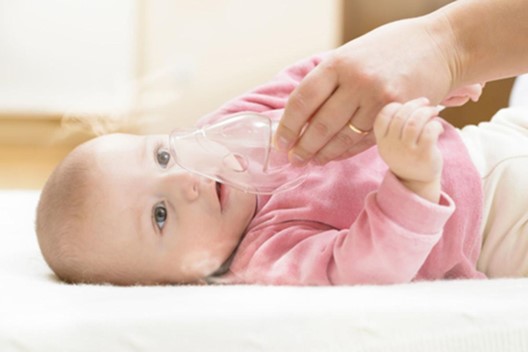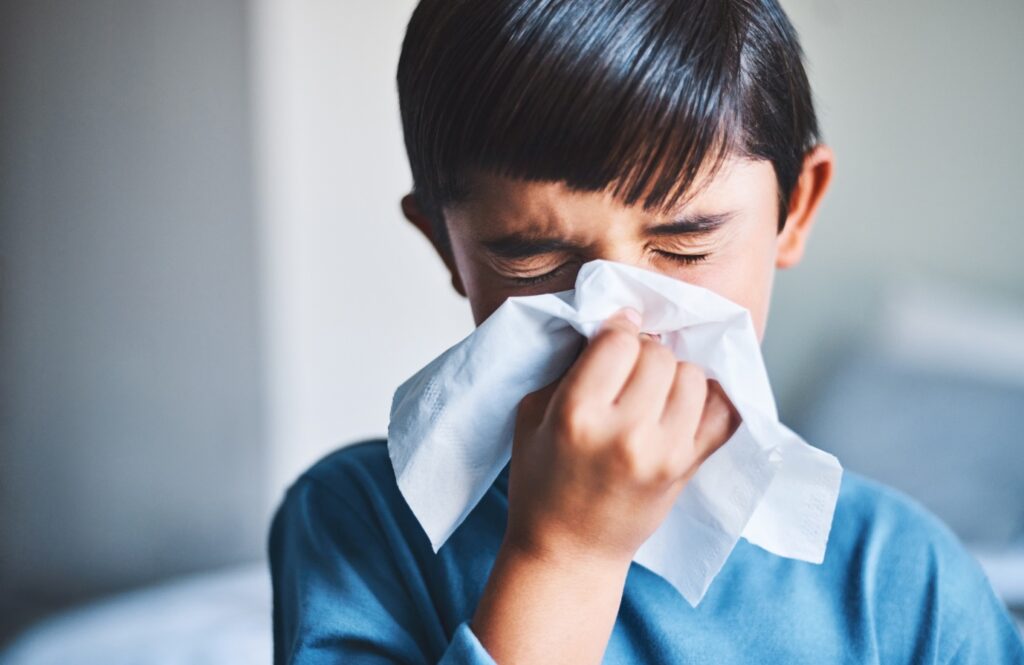Breast cancer is often thought of as a disease that only affects women, but men can develop breast cancer too. Although it is less common, approximately 1 out of every 100 breast cancers diagnosed is found in men. Unfortunately, male breast cancer is often diagnosed at a more advanced stage because many men are unaware of the symptoms and risks, which leads to delays in seeking medical advice and screening.
Risk Factors for Breast Cancer in Men
Several factors increase the likelihood of breast cancer in men:
- Family History and Genetic Mutations: Inheriting faulty versions of the BRCA1 or BRCA2 genes can significantly increase the risk of breast cancer. Men with a family history of the disease should consider discussing genetic testing with their healthcare provider.
- Being Overweight: Excess body fat can lead to higher levels of estrogen in men. Estrogen is a hormone more commonly associated with women, but higher levels in men can contribute to the development of breast cancer.
- Poor Estrogen Metabolism: Some men may have genetic variations that affect how their bodies process estrogen, which can increase the risk of cancer.
- Regular Alcohol Intake: Alcohol consumption can increase the amount of “bad” estrogen in the body, heightening the risk of breast cancer.
- Liver Cirrhosis: Liver disease caused by viral hepatitis or excessive alcohol intake can disrupt normal estrogen metabolism, leading to an accumulation of estrogen in the body.
- Klinefelter Syndrome: This genetic condition causes men to have an extra X chromosome, leading to higher levels of estrogen and an increased risk of breast cancer.
- Previous Radiation Therapy: Men who have undergone radiation therapy to the chest for other cancers are at a higher risk of developing breast cancer later in life.
- Exposure to Xenoestrogens: These are environmental chemicals that mimic estrogen in the body. They can be found in pollution, microplastics, and certain foods, and long-term exposure may increase breast cancer risk.
Symptoms of Breast Cancer in Men
Early detection of breast cancer in men is critical, but symptoms can often be mistaken for other issues. It’s important to watch for the following signs:
- Painless Lump or Thickening: The most common symptom is a lump or thickening in the breast tissue, often painless but noticeable.
- Changes in Breast Skin: Dimpling, puckering, redness, or scaling of the skin on the breast may indicate a problem.
- Nipple Changes: Redness, scaling, or a nipple that becomes inverted are potential warning signs.
- Nipple Discharge: Any unusual discharge from the nipple, especially if it’s bloody, should be evaluated by a doctor.
Diagnosing Breast Cancer in Men
If any symptoms are noticed, it is important to seek a clinical evaluation. There are several diagnostic methods used to identify breast cancer:
- Clinical Breast Exam: A doctor will physically examine the breast tissue for lumps or abnormalities.
- Imaging: Mammograms, breast ultrasounds, and MRIs are used to detect abnormal growths or changes in the breast tissue.
- Targeted Biopsy: If imaging shows a suspicious area, a biopsy may be performed to analyze the tissue and confirm the presence of cancer.
Treatment Options for Male Breast Cancer
Treatment options for breast cancer in men are similar to those used for women, depending on the stage and characteristics of the cancer:
- Surgery: Surgery to remove the affected breast tissue is often the first step. In some cases, lymph nodes in the armpit may also be removed if cancer has spread.
- Radiotherapy: Radiotherapy uses high-energy beams to target and kill cancer cells.
- Chemotherapy: Chemotherapy involves the use of drugs that kill cancer cells, which may be administered before or after surgery depending on the cancer stage.
- Hormone Therapy: Drugs like tamoxifen are used to block estrogen, which can help prevent the growth of breast cancer cells in men, particularly for hormone-sensitive cancers.
- Targeted Therapy: For HER2-positive breast cancers, medications like trastuzumab (Herceptin) are used to target specific proteins that help the cancer grow.
An insight from mamahood
Breast cancer in men is rare, but awareness of the symptoms and risk factors is essential. Men should not ignore any changes in their breast tissue or dismiss potential symptoms as unimportant. Early detection through self-exams, awareness of risk factors, and seeking medical attention promptly can make a significant difference in outcomes. If you have concerns or notice any changes, consult a healthcare provider for evaluation and advice. For more support, feel free to connect with Mamahood Health Advisors via live chat or private message, or explore Mamadoc—your AI doctor offering tailored guidance just for you.








